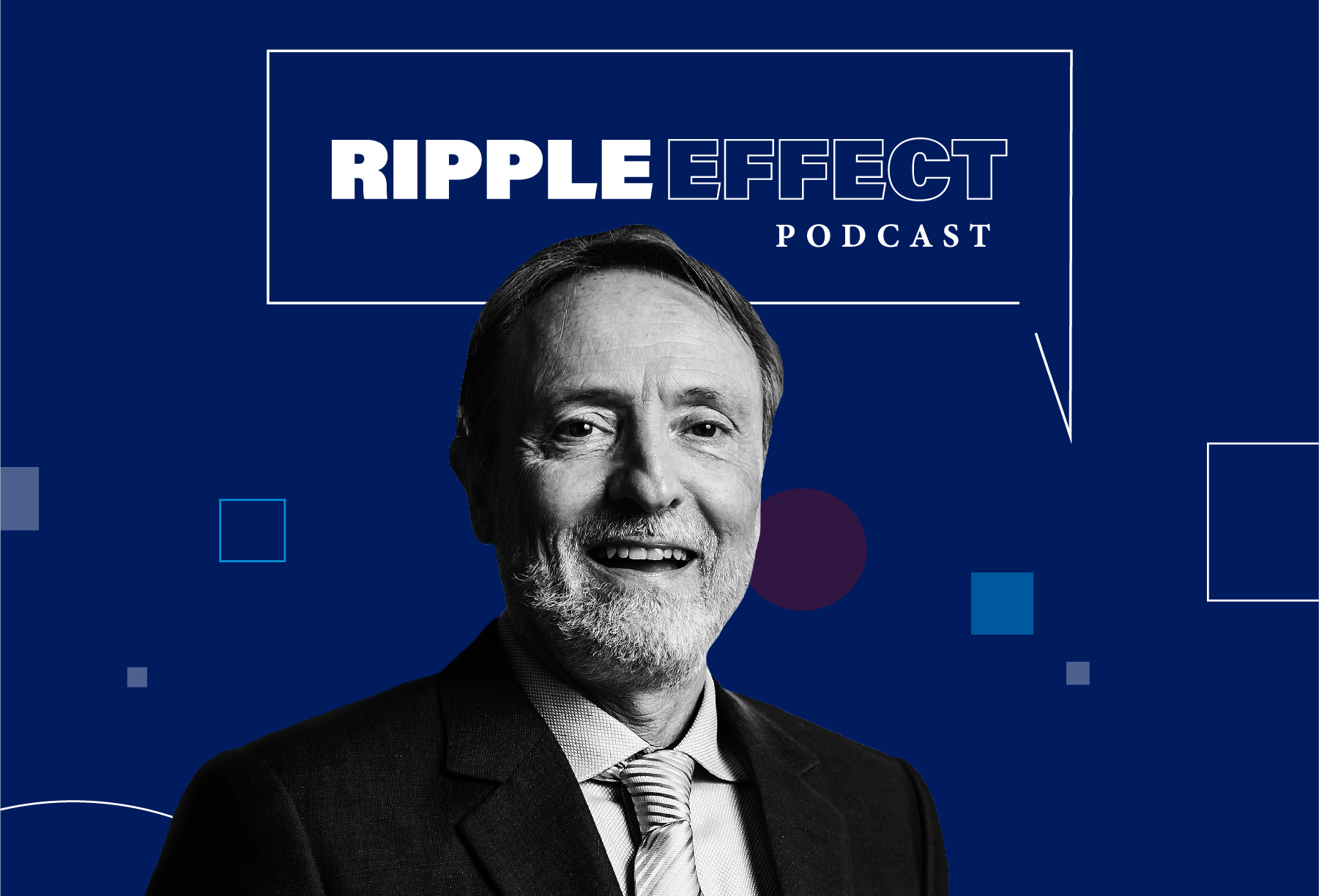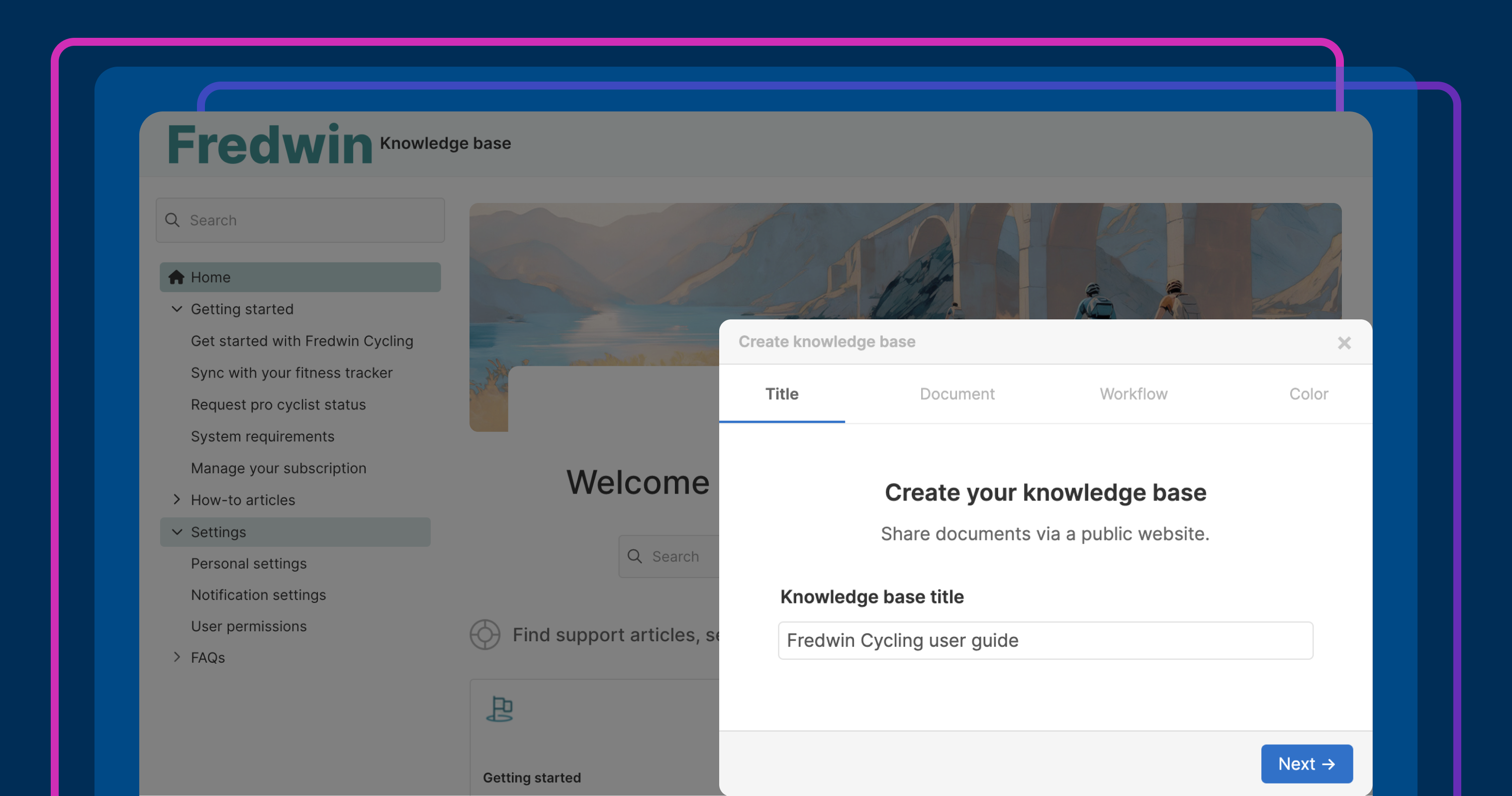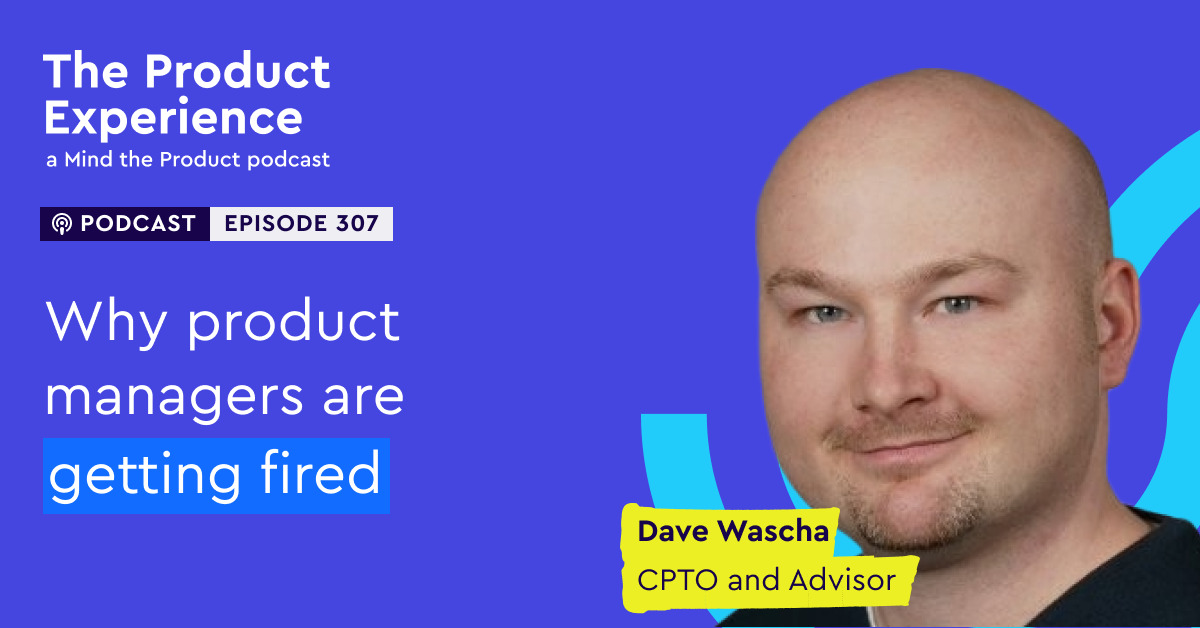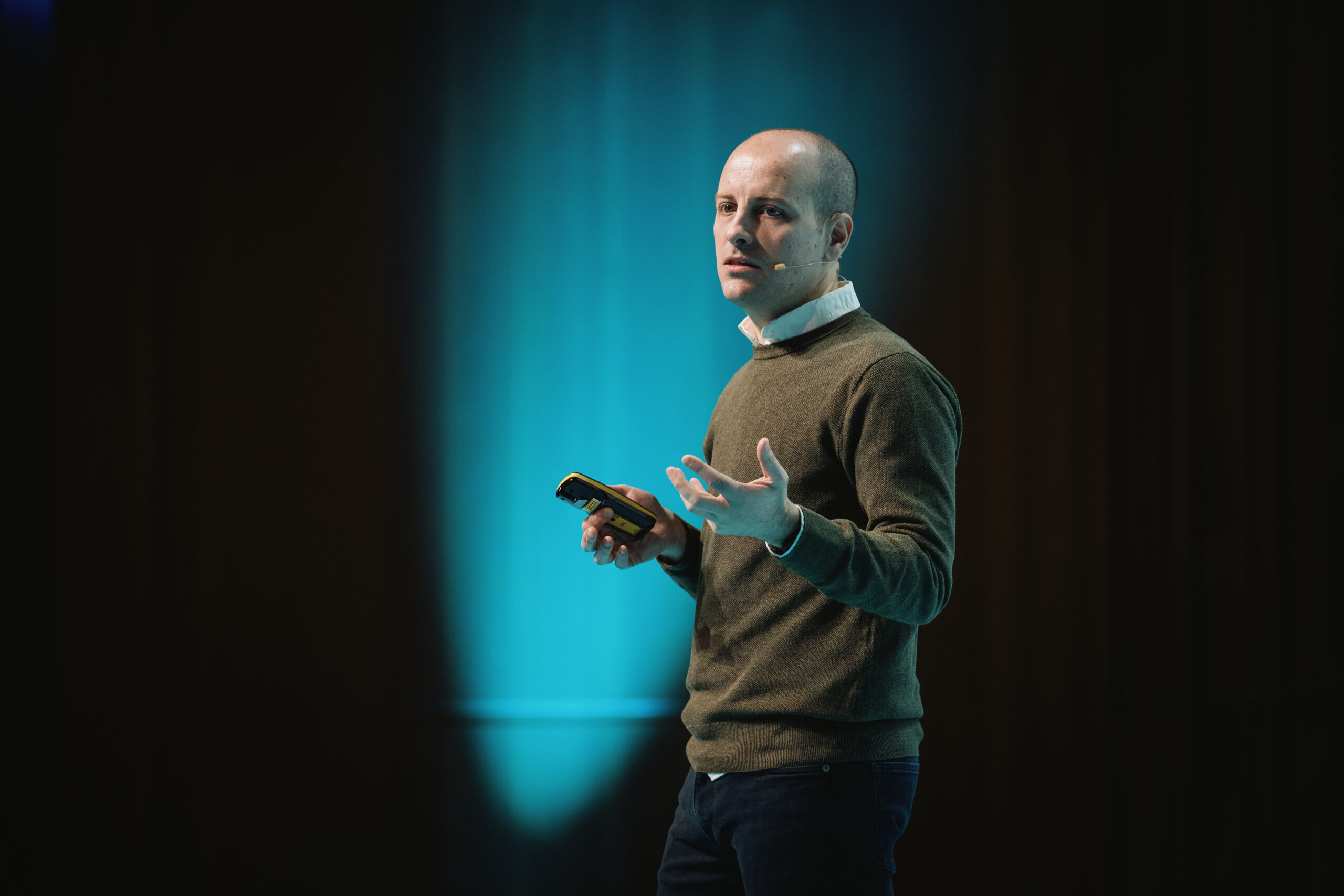How this California land bank is trying to protect Altadena from private investors who will spike the cost of housing
On the evening of January 7, the Eaton Fire hit Altadena, destroying more than 10,000 commercial and residential homes and displacing thousands of families. Just a little over two months later, and this historically Black community is facing a new threat. Shortly after the fire, a private developer paid $550,000 in cash for the first vacant lot left behind from the wildfires, about $100,000 above asking price. In the days since, at least 13 more properties have sold, at least half of them by offshore private developers. But community leaders are working to beat back the tide. Last month, a Pasadena-based housing justice nonprofit purchased a burned lot in the neighborhood, marking the first Altadena property that has been removed from the market and protected in a community land bank. Jasmin Shupper, a Pasadena resident and founder of Greenline Housing Foundation, worked with land use attorney Remy De La Peza to purchase the lot using a $500,000 grant from The Pasadena Foundation. The pair is speaking with other residents about purchasing their fire-burned properties and is offering Greenline as an alternative buyer for any property owners who need to sell but would like to keep the land in the community’s hands. Greenline has positioned itself to act as a land bank, holding the property to eventually transfer it for community use. It’s a way for people to protect the land from acquisition costs that rise on a speculative market while community members decide how to best use the property as Altadena reimagines its future. “Most of the buyers were LLCs or corporate entities, a number of them were multipurchase buyers, which means they’re purchasing three or four lots,” Peza says. “That’s an investment strategy purchase.” It’s unfolding exactly as she and other community members feared when the fires hit, Peza says. Meanwhile, she says, philanthropic groups have raised millions for recovery since the Eaton Fire, but few of those dollars are flowing toward community land bank initiatives. She and Shupper are constantly being asked to speak with potential funders who ask how they can help. While they have been very clear that what they need is help acquiring the land, the money has not come in. “We cannot compete with these developers,” says Peza. “We need philanthropy donors to step up, or Altadena will end up permanently in the hands of corporations.” While state officials have put forward some legislation to protect the community from private investors, including bills SB 782 and SB 658, Peza says it’s not enough. One of the challenges with state legislation is that the community is still beholden to the state legislative cycle and calendar. None of the bills that were put forward were passed through the urgency process; even if they pass, they won’t be put into legislation until the fall. Peza notes that Altadena does not have the same legislative limitations at the county level; rather than having its own city government, as most municipalities do, Altadena is managed by the Los Angeles County supervisors. “Technically, local policy can be passed at any point, and there is more that we need to be demanding,” Peza says. “We need to be focusing on the county level and making sure the county supervisor is taking care of us.” Why Altadena residents are vulnerable to outside investors Peza believes Altadena is particularly vulnerable to displacement through disaster capitalism because it has a high concentration of Black and Brown residents. There’s also a high number of seniors who are not as connected on social media, where the majority of resources are being shared. One main factor pushing residents to consider selling is the isolation this disaster has caused. Altadena mirrored an idyllic movie-like community before the fires, she says, where neighbors knew and cared for each other. Now residents have been forced to go to shelters, stay with people in other parts of California, or simply leave the state altogether. “When you don’t have your team rallying together, it’s hard. People can’t just go next door and ask their neighbor, ‘Hey, what are you doing? Are you thinking about selling?’ like they used to,” Peza says. “That social network and capital has been lost.” With its older population and multigenerational owners, many in Altadena also lack home insurance. Once a homeowner pays off their mortgage, home insurance is not necessarily required. With insurance rates spiking in recent years, many people in this community have forgone their home insurance and are left with nothing except the land. Their only option is to sell. “At this rate, Altadena cannot wait,” says Peza. For residents who lost their homes and don’t plan to rebuild, but do want the future land use to remain in the community, Greenline’s leaders say its land bank is available to purchase those lots. Through their land bank model, Greenline is offering a community-centered alternative to

On the evening of January 7, the Eaton Fire hit Altadena, destroying more than 10,000 commercial and residential homes and displacing thousands of families. Just a little over two months later, and this historically Black community is facing a new threat.
Shortly after the fire, a private developer paid $550,000 in cash for the first vacant lot left behind from the wildfires, about $100,000 above asking price. In the days since, at least 13 more properties have sold, at least half of them by offshore private developers.
But community leaders are working to beat back the tide. Last month, a Pasadena-based housing justice nonprofit purchased a burned lot in the neighborhood, marking the first Altadena property that has been removed from the market and protected in a community land bank.
Jasmin Shupper, a Pasadena resident and founder of Greenline Housing Foundation, worked with land use attorney Remy De La Peza to purchase the lot using a $500,000 grant from The Pasadena Foundation. The pair is speaking with other residents about purchasing their fire-burned properties and is offering Greenline as an alternative buyer for any property owners who need to sell but would like to keep the land in the community’s hands.
Greenline has positioned itself to act as a land bank, holding the property to eventually transfer it for community use. It’s a way for people to protect the land from acquisition costs that rise on a speculative market while community members decide how to best use the property as Altadena reimagines its future.
“Most of the buyers were LLCs or corporate entities, a number of them were multipurchase buyers, which means they’re purchasing three or four lots,” Peza says. “That’s an investment strategy purchase.”
It’s unfolding exactly as she and other community members feared when the fires hit, Peza says. Meanwhile, she says, philanthropic groups have raised millions for recovery since the Eaton Fire, but few of those dollars are flowing toward community land bank initiatives.
She and Shupper are constantly being asked to speak with potential funders who ask how they can help. While they have been very clear that what they need is help acquiring the land, the money has not come in.
“We cannot compete with these developers,” says Peza. “We need philanthropy donors to step up, or Altadena will end up permanently in the hands of corporations.”
While state officials have put forward some legislation to protect the community from private investors, including bills SB 782 and SB 658, Peza says it’s not enough. One of the challenges with state legislation is that the community is still beholden to the state legislative cycle and calendar. None of the bills that were put forward were passed through the urgency process; even if they pass, they won’t be put into legislation until the fall.
Peza notes that Altadena does not have the same legislative limitations at the county level; rather than having its own city government, as most municipalities do, Altadena is managed by the Los Angeles County supervisors.
“Technically, local policy can be passed at any point, and there is more that we need to be demanding,” Peza says. “We need to be focusing on the county level and making sure the county supervisor is taking care of us.”
Why Altadena residents are vulnerable to outside investors
Peza believes Altadena is particularly vulnerable to displacement through disaster capitalism because it has a high concentration of Black and Brown residents. There’s also a high number of seniors who are not as connected on social media, where the majority of resources are being shared.
One main factor pushing residents to consider selling is the isolation this disaster has caused. Altadena mirrored an idyllic movie-like community before the fires, she says, where neighbors knew and cared for each other. Now residents have been forced to go to shelters, stay with people in other parts of California, or simply leave the state altogether.
“When you don’t have your team rallying together, it’s hard. People can’t just go next door and ask their neighbor, ‘Hey, what are you doing? Are you thinking about selling?’ like they used to,” Peza says. “That social network and capital has been lost.”
With its older population and multigenerational owners, many in Altadena also lack home insurance. Once a homeowner pays off their mortgage, home insurance is not necessarily required. With insurance rates spiking in recent years, many people in this community have forgone their home insurance and are left with nothing except the land. Their only option is to sell.
“At this rate, Altadena cannot wait,” says Peza.
For residents who lost their homes and don’t plan to rebuild, but do want the future land use to remain in the community, Greenline’s leaders say its land bank is available to purchase those lots. Through their land bank model, Greenline is offering a community-centered alternative to selling to private purchasers.
After the purchase, Greenline will work with residents, local housing organizations, and community stakeholders to determine the shared needs and desires for the land.
“It is important that the community knows that there is an organization that is here for them, and that is committed to ensuring the wonderful community of Altadena is protected and restored,” Shupper says. “We hope this is the first of many such purchases and that it will be a beacon of hope for the community.”
This story was originally published by Next City, a nonprofit news outlet covering solutions for equitable cities. Sign up for Next City’s newsletter for its latest articles and events.































































































![Building A Digital PR Strategy: 10 Essential Steps for Beginners [With Examples]](https://buzzsumo.com/wp-content/uploads/2023/09/Building-A-Digital-PR-Strategy-10-Essential-Steps-for-Beginners-With-Examples-bblog-masthead.jpg)



![How One Brand Solved the Marketing Attribution Puzzle [Video]](https://contentmarketinginstitute.com/wp-content/uploads/2025/03/marketing-attribution-model-600x338.png?#)






![How to Use GA4 to Track Social Media Traffic: 6 Questions, Answers and Insights [VIDEO]](https://www.orbitmedia.com/wp-content/uploads/2023/06/ab-testing.png)







![[Hybrid] Graphic Designer in Malaysia](https://a5.behance.net/920d3ca46151f30e69b60159b53d15e34fb20338/img/site/generic-share.png)
























